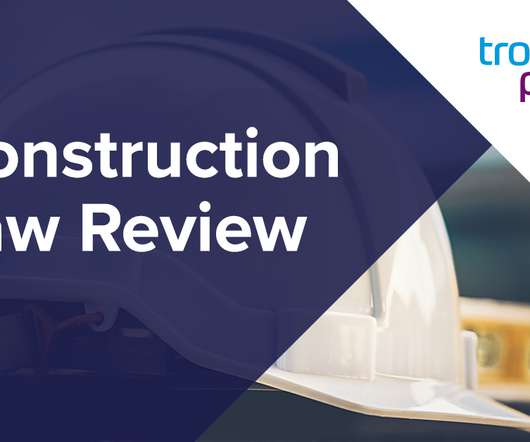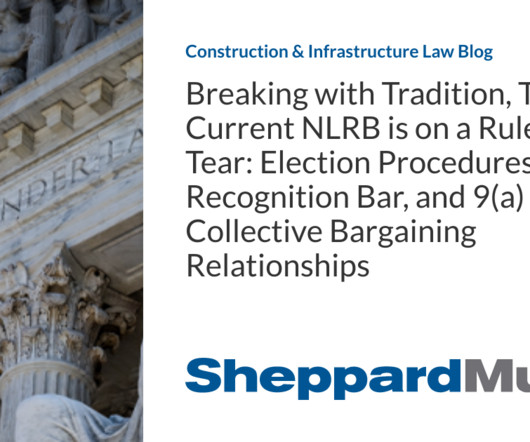Fraud as an Exception to the Economic Loss Doctrine: Changing Trends in Colorado and Tennessee
Constructlaw
JUNE 17, 2022
But two recent state-court decisions evidence a change in that trend: Both held that the Economic Loss Doctrine bars fraud claims because parties to a commercial contract — often sophisticated and represented by counsel — allocate risk, prescribe damages, and rely on the terms of the bargain.















Let's personalize your content